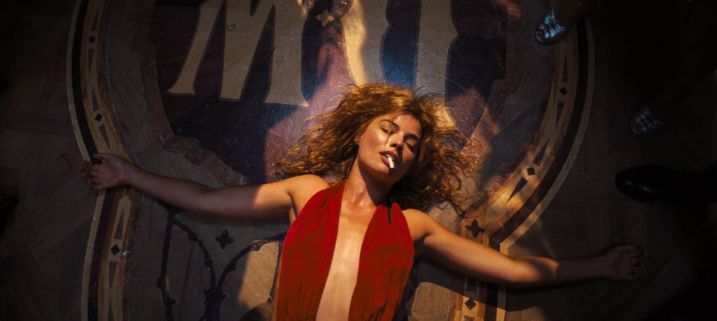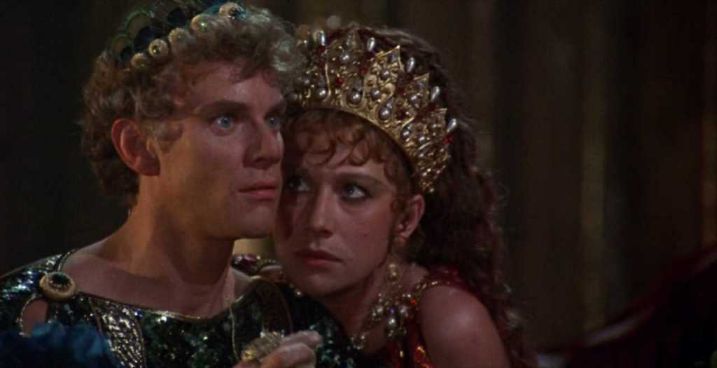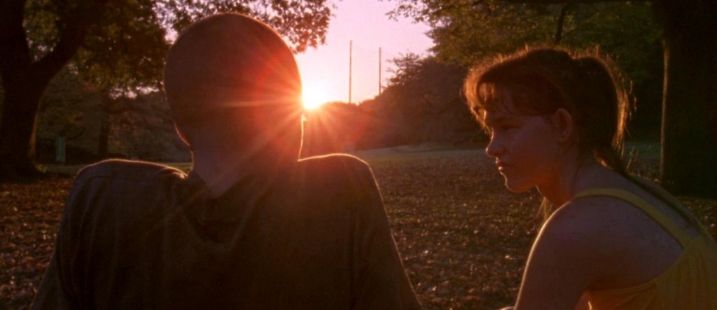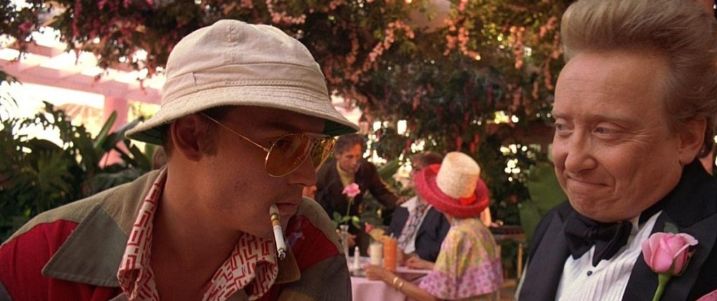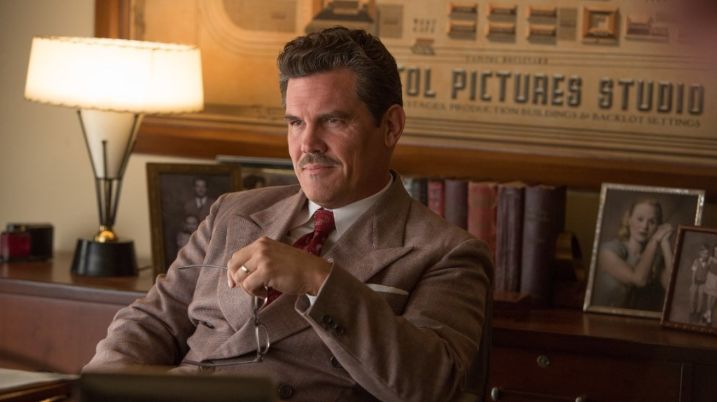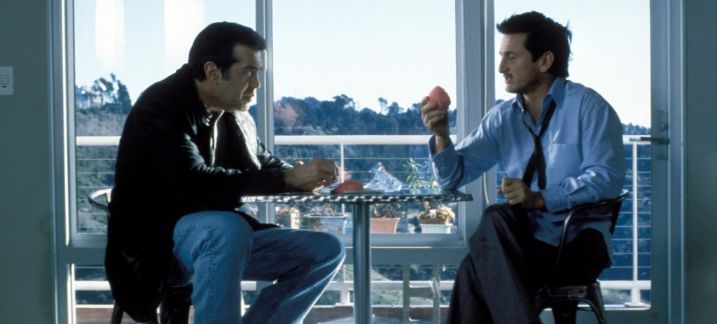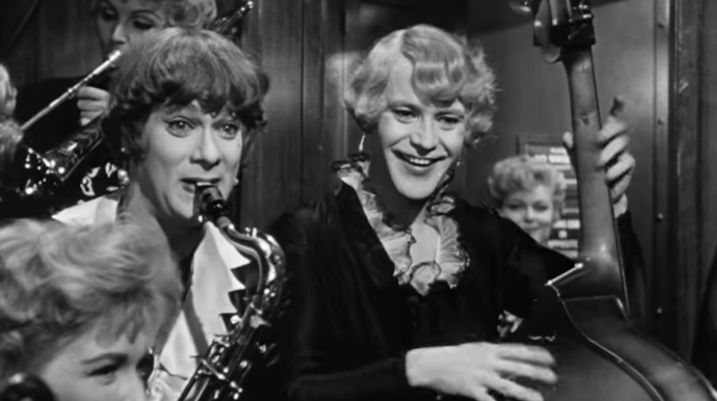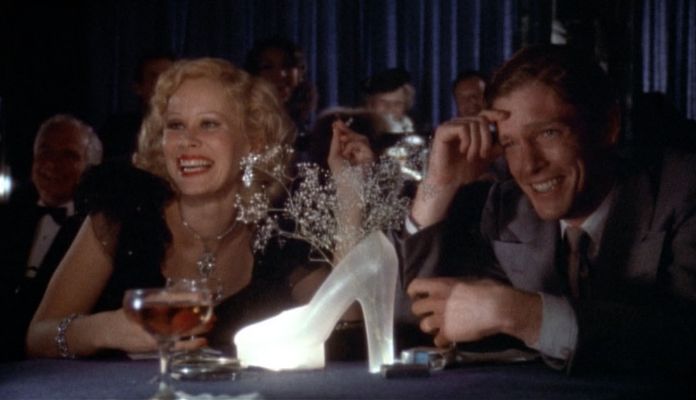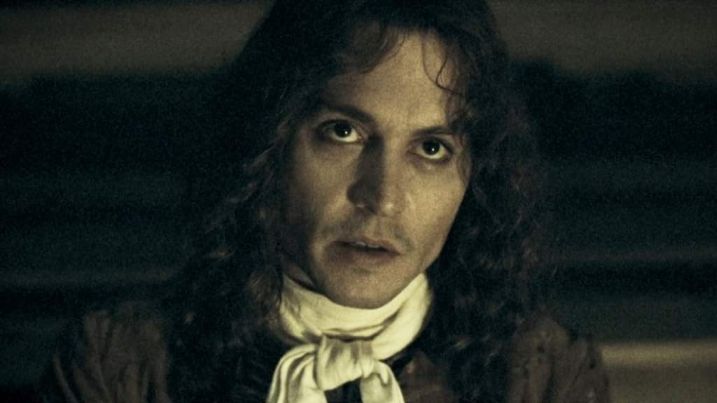A comedy-drama film called “Babylon” shows off the constant filth and blatant decadence of the entertainment industry. The film, which is set in 1920s Hollywood, chronicles the lives of numerous distinctive characters who have lofty goals and aspirations. The lavish film shows their ultimate climb to stardom and subsequent fall from debauchery. Damien Chazelle wrote and directed the film “Babylon,” which explores the ludicrous hopes and expectations that people have for themselves in Hollywood. The film features a stellar ensemble cast, including Margot Robbie, Brad Pitt, and Tobey Maguire.
Furthermore, “Babylon” depicts how Hollywood operates as well as the dangers of working in a field similar to it. Damien Chazelle spins a complex tale that honors and lauds the public’s unwavering adoration of Hollywood. The following films are ideal for you if you want to watch ones that emphasize the lunacy surrounding particular job profiles and touch upon the wickedness of early Hollywood. The majority of these films like “Babylon” are available on Netflix, Hulu, or Amazon Prime.
Caligula (1979)
The drama film “Caligula,” directed by Tinto Brass, Bob Guccione, and Giancarlo Lui, is based on a screenplay by Gore Vidal. A dramatization of Caligula’s ascent to power and rule as one of the most infamous tyrants in ancient Rome. We are able to see his ambition, guile, wickedness, corruption, cruelty, and madness. In the movie, Malcolm McDowell plays the title role.
The film explores the historical circumstances that gave rise to Caligula’s reign and his subsequent deeds, which correctly qualify him as a tyrant. Every vice and evil in the novel is depicted in the movie, from unrestrained sex to power struggles. The supposedly illustrious Roman Empire reputedly had its fair share of turpitude, just as Hollywood in “Babylon.” Both films do an excellent job of highlighting the settings’ sinister elements.
Enter the Void (2009)
This hallucinogenic trip into life after death only uses Oscar, the main character, as the point of view. From his afterlife perspective, Oscar’s soul travels from his past through the present and into the future. His death results from the cops botching a bust and is brought on by the treachery of his best friend. His spirit longs to return to life, but he must first experience the consequences of his choices in life.
The entire film is surreal and examines what it’s like to be high on drugs. Gaspar Noé co-wrote and directed the film, which depicts Oscar’s vice-filled life. He may not be a Hollywood superstar, but the faults of his life are akin to those of the inhabitants of “Babylon.” Both films feature characters who enjoy pleasure and promiscuity.
Fear and Loathing in Las Vegas (1998)
Who could possibly travel to Vegas for business and resist indulging there? The same thing occurs to Raoul and his attorney as they travel to the sin city of casinos and illicit trade. Journalist Raoul is interested in covering a motorcycle race. The pair’s intentions to work are derailed as they become drawn to drug use and psychedelic activities.
The same-titled book by Hunter S. Thompson, published in 1971, served as the source of inspiration for the film. The Terry Gilliam-directed film “Fear and Loathing in Las Vegas” depicts the vices and sins practiced there. Vegas and Hollywood share many characteristics, from how they operate to how they entice unwary individuals with lofty aspirations. As a result, this is how the film and “Babylon” are comparable.
Hail, Caesar (2016)
Ethan and Joel Coen, brothers, are the writers and directors of the comedy-drama film. In “Hail, Caesar,” Eddie Mannix chronicles a day in the struggles of working as a fixer for Capitol Pictures. As Eddie deals with a pregnant actress and gossip columnists while solving a kidnapping mystery, it reveals the darker side of Hollywood.
Along with other stars, Josh Brolin and George Clooney star in the popular film. The film displays the fervor and drama that surround Hollywood constantly. “Babylon” and “Hail, Caesar” both amazingly depict how Hollywood operates and handles the controversies that arise.
Hurlyburly (1998)
The comedy-drama film “Hurlyburly” was inspired by David Rabe’s play of the same name from 1984. It portrays the typical behavior of males working in Hollywood who reflect on their life events while impaired by booze and drugs. Even yet, they go through difficult situations that make it difficult for them to maintain sobriety. This is the tale of headstrong Eddie (Sean Penn), who is unsure of what to do with his life.
When it comes to committing sins and transgressions, Eddie’s companions are one step ahead of him. The hilarious character-driven film, directed by Anthony Drazan, has a lot in common with “Babylon.” Both movies provide audiences a glimpse into the Hollywood lifestyle, which is characterized by heavy drug and alcohol use to cope with the stress of working in the business.
Some Like it Hot (1959)
The romantic comedy film “Some Like it Hot” was co-written and directed by Billy Wilder. It chronicles the nervous exploits of two musicians who see a mob hit. Later, they make an attempt to flee the nation by passing for women in a band made up entirely of women, but as they move forward, new issues emerge. Tony Curtis and Jack Lemmon are also featured in the well-known Marilyn Monroe film.
In order to add humor and advance the plot, the 1959 film depicts seduction, sex, and crime. The two men will do whatever to defend themselves from the crowd and save their lives. Similar to this, those living in “Babylon” use any methods necessary to realize their aspirations.
The Day of the Locust (1975)
The Day of the Locust is a satire on the role of Hollywood for every American dreamer, and it is set in the 1930s Hollywood era in the vast Southern Californian city of Los Angeles. The film, which is an adaptation of Nathanael West’s 1939 novel of the same name, aims to illuminate how people portray their enormous aspirations to succeed in show industry.
The Libertine (2004)
The Libertine, directed by Laurence Dunmore, tells the story of a shady poet from the 17th century. The Earl of Rochester, sometimes known as John Wilmot, drank and engaged in lewd behavior before passing away too soon. The poet was never given the credit he merited. His lifetime of labor was only recognized and honored after his passing. Wilmot, the protagonist, is portrayed by Johnny Depp. Although there is no Hollywood connection to the historical drama film, the debauchery and endlessly outrageous acts depicted in the film are comparable to the events of “Babylon.”

